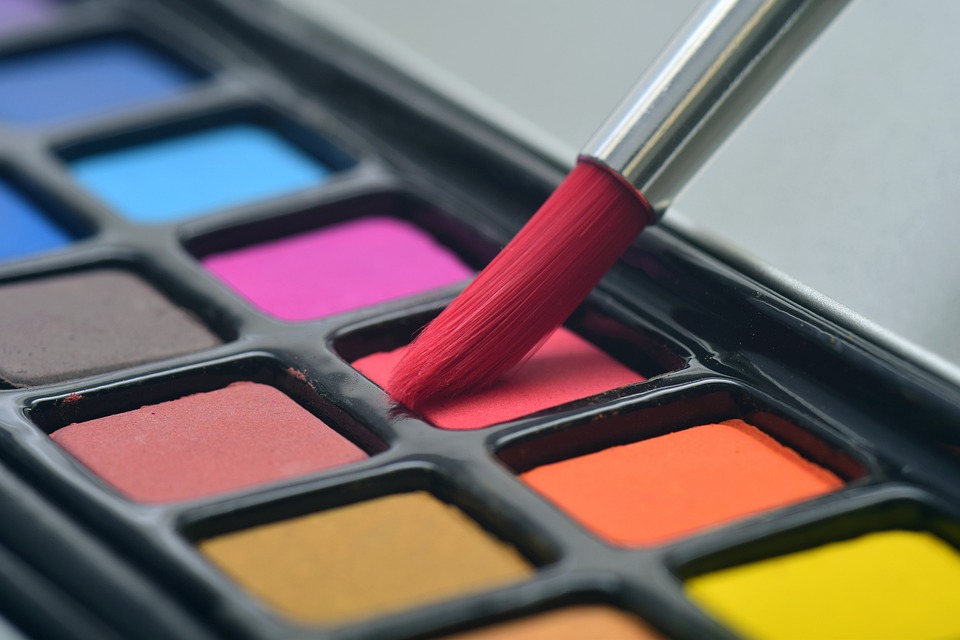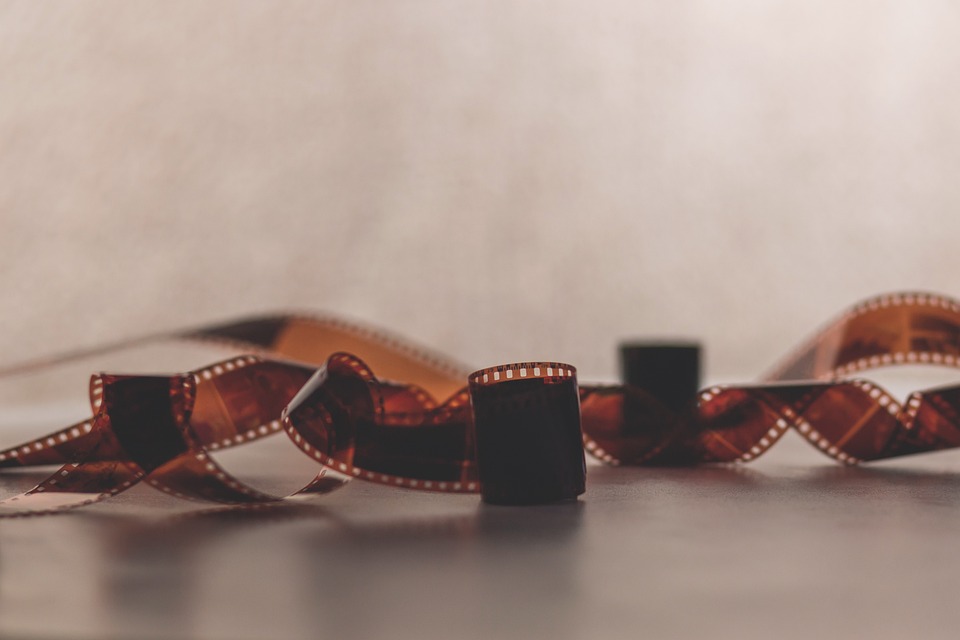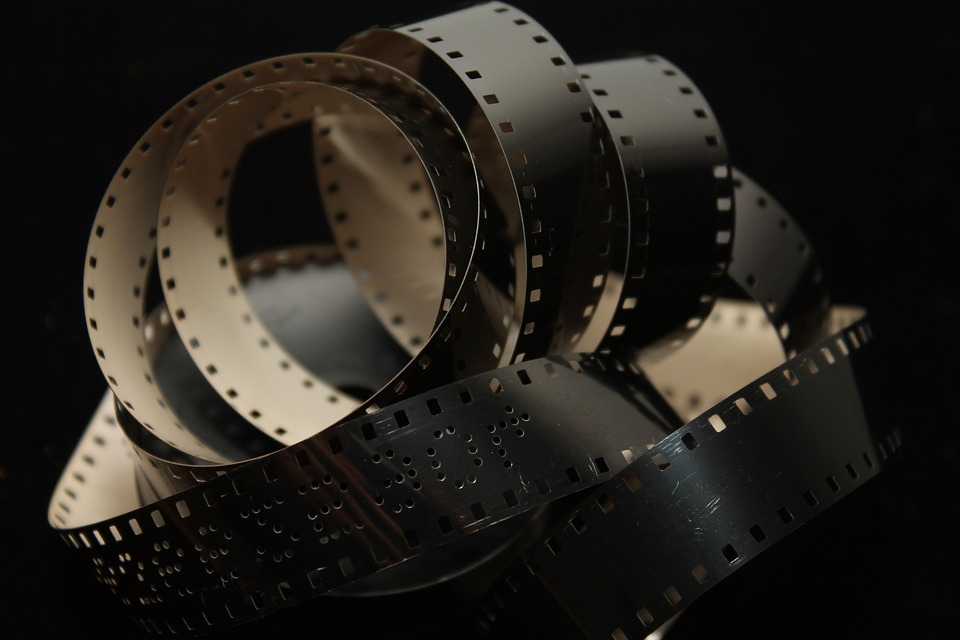Best Practices for Questioning Potential Jurors During Voir Dire
Why Voir Dire is Important
Voir dire is a crucial part of the jury selection process in a trial. It is the process by which attorneys question potential jurors to determine their suitability to serve on a jury. The goal of voir dire is to identify any bias or prejudice that potential jurors may have that could affect their ability to fairly and impartially decide the case.
Establish Trust and Build Rapport
One of the best practices for questioning potential jurors during voir dire is to establish trust and build rapport with them. Jurors are more likely to be open and honest in their responses if they feel comfortable with the attorney conducting the questioning. Attorneys should approach potential jurors in a friendly and non-threatening manner, and should be respectful and courteous in their interactions.
Ask Open-Ended Questions
When questioning potential jurors during voir dire, it is important to ask open-ended questions that allow jurors to provide detailed responses. Open-ended questions encourage potential jurors to talk more freely and give attorneys a better understanding of their attitudes, beliefs, and experiences. By asking open-ended questions, attorneys can uncover biases or prejudices that potential jurors may hold.
Avoid Leading Questions
While it is important to ask open-ended questions during voir dire, attorneys should avoid asking leading questions that suggest a certain answer. Leading questions can influence potential jurors’ responses and may not provide an accurate representation of their views. Attorneys should ask neutral questions that allow jurors to express their opinions without being influenced by the wording of the question.
Listen Carefully and Observe Body Language
During voir dire, attorneys should listen carefully to potential jurors’ responses and observe their body language. Nonverbal cues such as facial expressions, eye contact, and body posture can provide valuable insights into jurors’ attitudes and beliefs. Attorneys should pay attention to these cues and use them to assess the credibility of potential jurors’ responses.
Consider Using Follow-Up Questions
If a potential juror’s response raises concerns or indicates bias, attorneys should consider using follow-up questions to further explore the issue. Follow-up questions can help attorneys clarify potential jurors’ responses, challenge any inconsistencies, and uncover underlying biases. By asking follow-up questions, attorneys can gather more information about potential jurors’ attitudes and beliefs.
Be Respectful and Professional
Throughout the voir dire process, attorneys should maintain a respectful and professional demeanor. It is important to treat potential jurors with courtesy and respect, even if their responses are challenging or unexpected. Attorneys should avoid becoming confrontational or argumentative during questioning, as this can alienate potential jurors and damage the attorney’s credibility.
Use a Variety of Questioning Techniques
To gather a comprehensive understanding of potential jurors’ backgrounds and perspectives, attorneys should use a variety of questioning techniques during voir dire. This may include asking hypothetical scenarios, exploring jurors’ personal experiences, and discussing their attitudes towards the legal system. By using different questioning techniques, attorneys can uncover valuable insights into potential jurors’ suitability to serve on the jury.
Collaborate with Co-Counsel
In some cases, multiple attorneys may be involved in the jury selection process. It is important for attorneys to collaborate with co-counsel during voir dire to ensure a comprehensive and coordinated approach to questioning potential jurors. By sharing information and insights with each other, attorneys can identify patterns or inconsistencies in potential jurors’ responses and make more informed decisions about jury selection.
Conclusion
In conclusion, questioning potential jurors during voir dire is a critical step in the jury selection process. By following best practices such as establishing trust, asking open-ended questions, and listening carefully to jurors’ responses, attorneys can gather valuable information about potential jurors’ attitudes and beliefs. By using a thoughtful and strategic approach to questioning, attorneys can select a fair and impartial jury that is equipped to decide the case based on the evidence presented.



